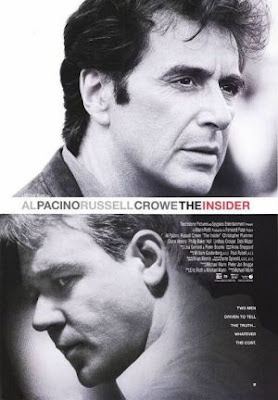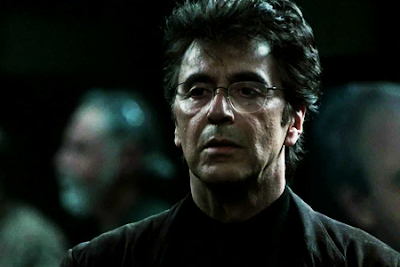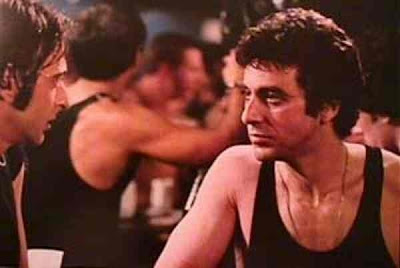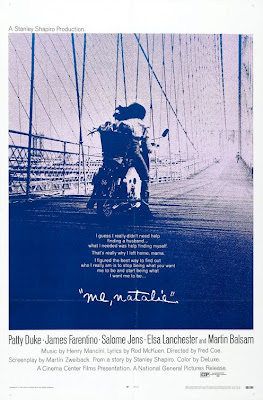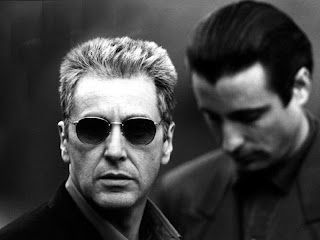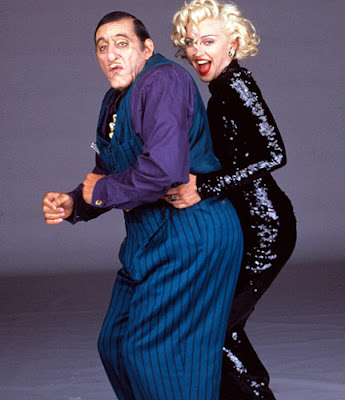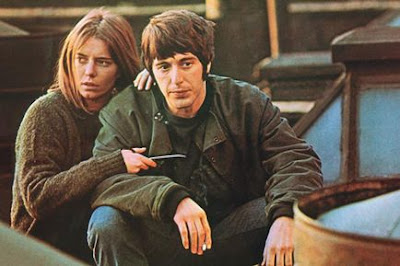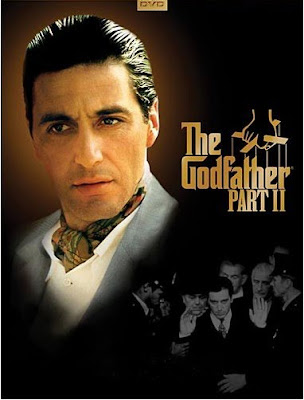
When
Heat was released in December 15, 1995, the film created much hype since it is the first film to ever feature both legendary actors Al Pacino and Robert De Niro shared the screen together. Even the advertising material for Heat promoted the film as a De Niro/Pacino "showdown". They both previously starred in
The Godfather Part II (1974), but never acting together.
The result was great:
Heat was well-received by movie critics, as well as commercially success by gaining worldwide gross revenue $187,436,818 for $60,000,000 estimated budget. The film also listed as the 38th greatest film in history in Empire's 2008 list of the "500 Greatest Movies of All Time".
Heat is Michael Mann's remake and cinema version of his own 1989 television film
L.A. Takedown. The main attraction of the film to moviegoers, of course, duo stars Robert De Niro who plays Neil McCauley, a professional thief, and Al Pacino who plays Lt. Vincent Hanna, veteran LAPD homicide detective.

Neil McCauley leads a team of criminals who carry out armored car heist, stealing US$1.6 million in bearer bonds from Malibu Equity Investments. After the robbery, McCauley meets Nate who suggests selling the bonds back to Van Zant (the owner of the bonds) for 60% of their value instead of laundering them at 40% cost.
Lt. Vincent Hanna, who investigating the armored car heist, learns that McCauley and his crew are planning to steal precious metals from a warehouse. He and his LAPD team hiding inside a parked truck, but accidentally exposed. McCauley and his crew abandon the robbery plan, and Hanna allows them to escape since he cannot arrest them unless they have stolen something.
McCauley then vows revenge to Van Zant who try to ambush him, and kill Waingro, his new crew member who makes the robbery complicated with his impulsive actions, and later betray him. But the pursuit finally led him to his death. After executes Wainbro and begins his escape, Lt. Hanna shoots him, and he dies moments later.
Along with Pacino and De Niro, the film stars Val Kilmer, Jon Voight, Danny Trejo, Ashley Judd, and Natalie Portman. Heat is based off a real-life confrontation between Chicago police officer Chuck Adamson and professional robber Neil McCauley. The real Neil McCauley was killed during a robbery of a grocery store by Adamson's team.
Many real former police officer serve as consultant or technical advisor to the film, including Dennis Farina, a former Chicago police officer, and Tom Elfmont, a former L.A.P.D. detective, and Chuck Adamson - also former Chicago police officer - whom had been working with Michael Mann since his film
Thief (1981).
Cast:
Al Pacino ...
Lt. Vincent Hanna
Robert De Niro ...
Neil McCauley
Val Kilmer ...
Chris Shiherlis
Tom Sizemore ...
Michael Cheritto
Jon Voight ...
Nate
Diane Venora ...
Justine Hanna
Ashley Judd ...
Charlene Shiherlis
Natalie Portman ...
Lauren Gustafson
Amy Brenneman ...
Eady
Mykelti Williamson ...
Sergeant Drucker
William Fichtner ...
Roger Van Zant
Wes Studi ...
Detective Casals
Ted Levine ...
Bosko
Tom Noonan ...
Kelso
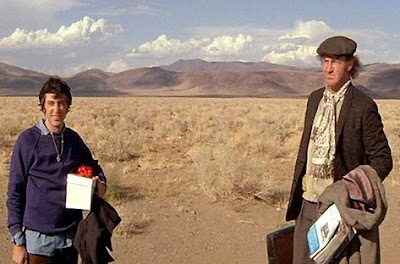 Lionel and Max have slightly different background and character. Lionel was a child-like ex-sailor who's returning home to the midwest to see his child who was born while he was at sea, and Max is a brawling, short-tempered homeless ex-convict who has been saving money to open a car wash in Pittsburgh.
Lionel and Max have slightly different background and character. Lionel was a child-like ex-sailor who's returning home to the midwest to see his child who was born while he was at sea, and Max is a brawling, short-tempered homeless ex-convict who has been saving money to open a car wash in Pittsburgh.



